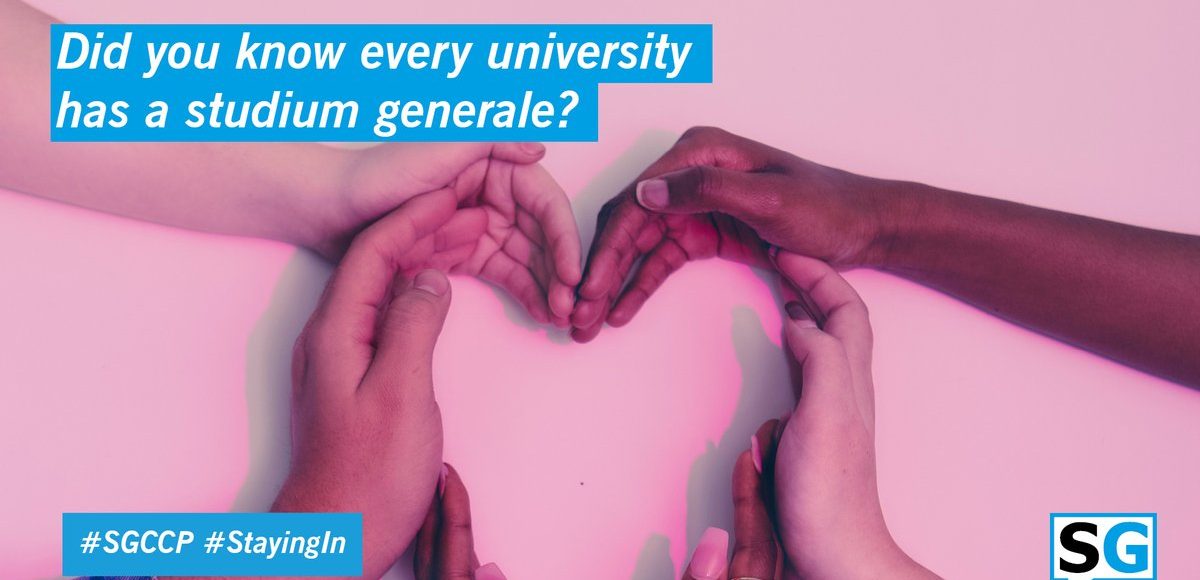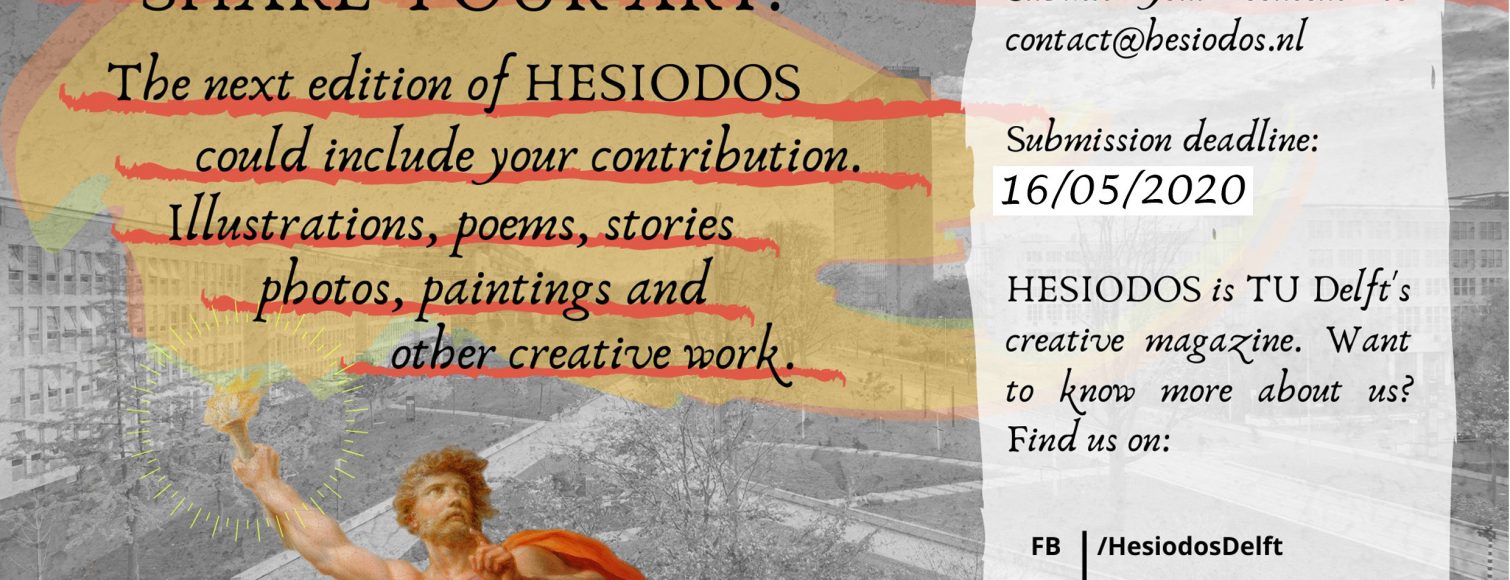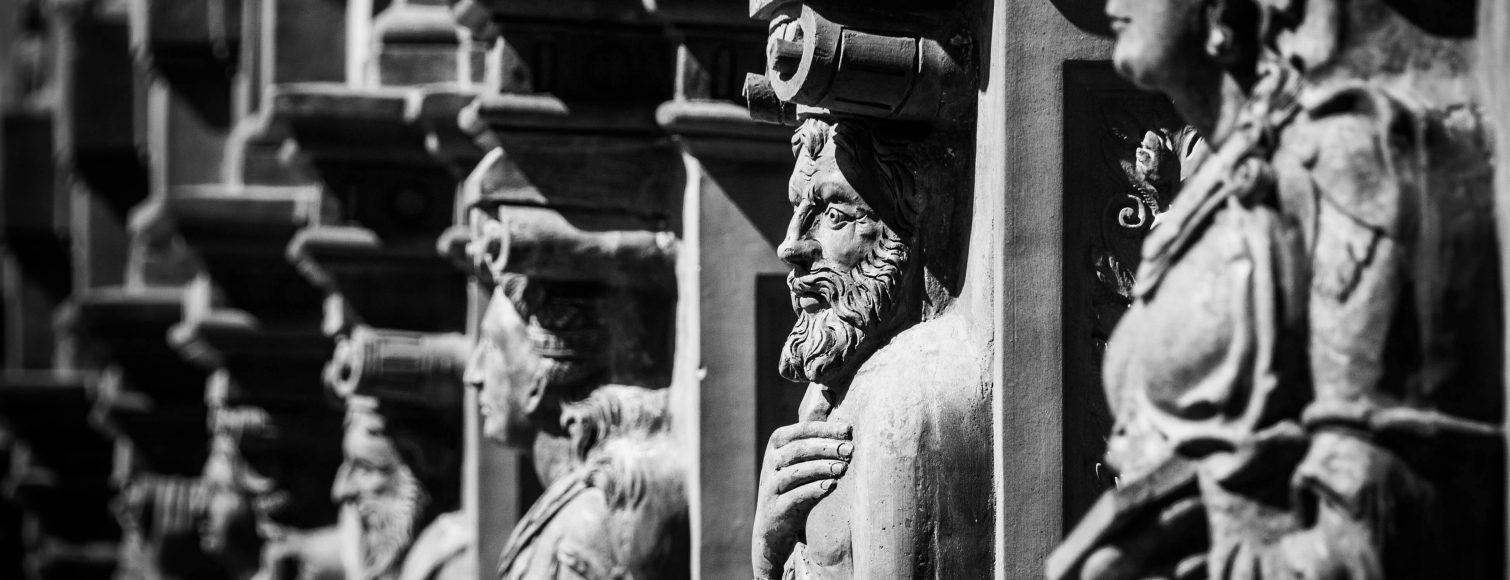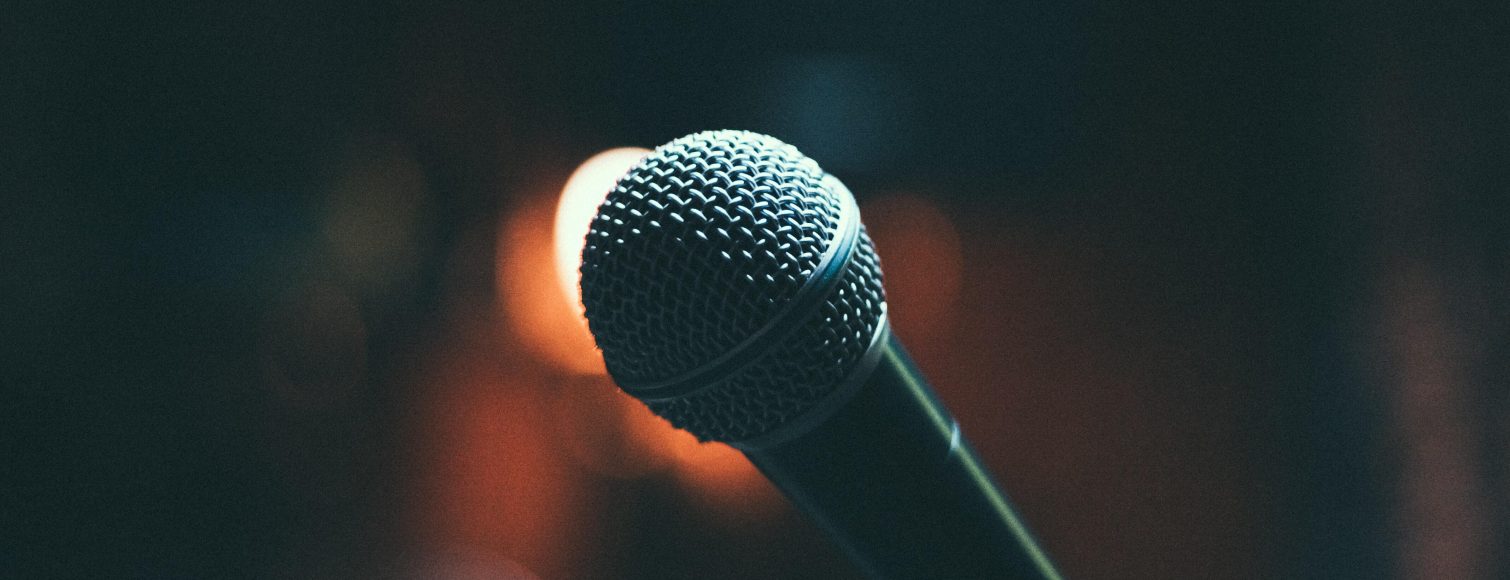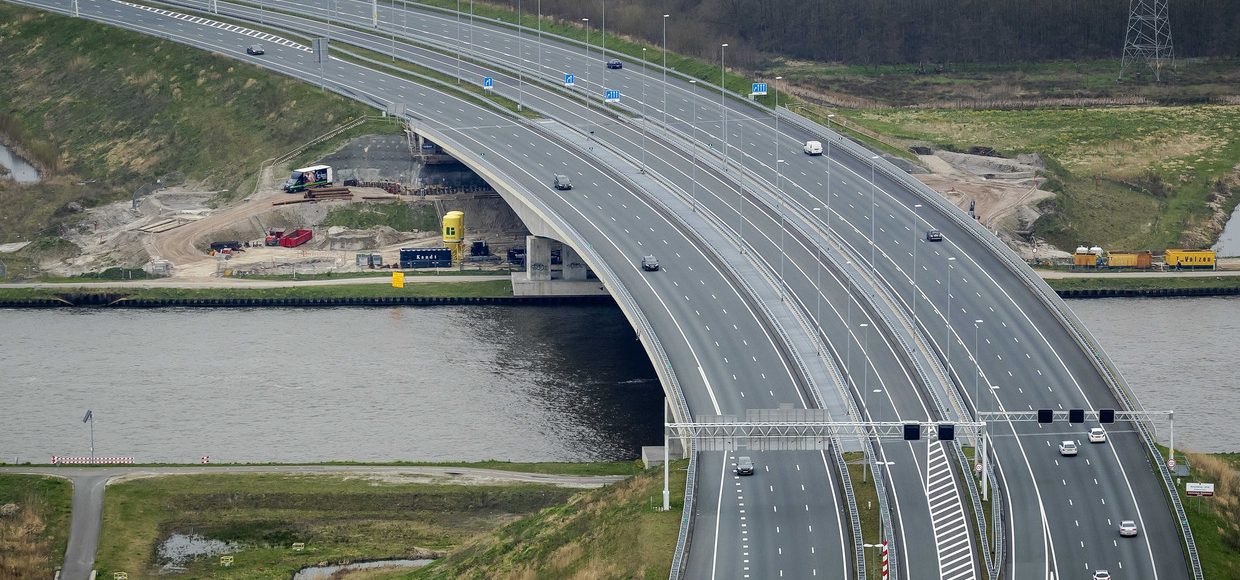Friday’s post: A Message to the Government by Ticked Off Vic
|
Friday April 24 | I’m mad as hell and I’m not going to take this anymore!
Sound familiar? It’s a classic line from the movie Network (highly recommended) but it’s also how some of us feel about the corona crisis and the restrictions we’re under right now. Frustrated, irritated, angry.
It can escalate into full blown righteous indignation, as comedian Ticked Off Vic from New York demonstrates as he vents his anger at the US government’s handling of the corona crisis (warning: lots and lots of swearwords). Is it healthy behavior? Sure, venting can be healthy; but it can also hurt you or the people around you. Check out this short article on Psychology Today for tips on how to recognise and manage your coronavirus anger before it goes too far.
Studium Generale created a Corona Care Package to make #StayingIn as pleasant as possible. In the following weeks we will share videos, blogs, articles and podcasts within four focus areas: Mental Health, Fake News, Arts & Culture and Philosophy.


